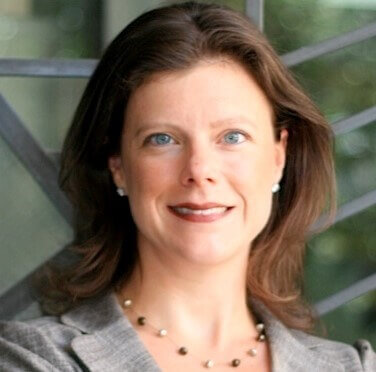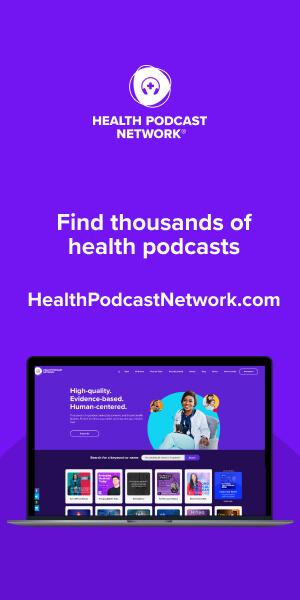Dr. Joe Kvedar on laying the groundwork for integrated care
I recently sat down with Dr. Joe Kvedar, President Elect of American Telemedicine Association, to discuss the future of digital healthcare at the Connected Healthcare Conference in Boston. In our interview, Kvedar addressed the challenges involved in adopting new processes in a field that is slow to change and advised patience. His recommendations of proactive ways to prepare for the digital shift are useful for providers since those who do not adjust may risk losing patients in the future.
Q1: What first sparked your interest in connected health and digital health?
Dr. Joe Kvedar: It was the realization that health care is the only service that demands you’re in the presence of someone when it’s delivered, and the realization that if we were to remove that barrier, we could do all kinds of things more efficiently through open access channels. So, I became very enchanted with that idea.
Q2: What is the biggest challenge facing those involved in the digital health space today?
Dr. Joe Kvedar: On the provider side, it’s the idea that we still think this is optional. We have to integrate digital health into our practice so that it’s like a stethoscope. You’re going to work, and you have your stethoscope – you’re going to work, and you have these digital tools to deliver care.
On the patient side, we don’t have enough doctors and nurses to deliver all the care we need to deliver, so we have to introduce software. But we have to do it in a very kind and caring way so that when you’re interacting with us, you feel like you’re being cared for and you’re getting good care. That you’re not just getting shunted off to a robot that’s not very good.
Q3: How do you break that “optional” mindset of healthcare providers?
Dr. Joe Kvedar: We are working on four things – the first is making sure there’s enough evidence and enough quality control. The second is reimbursement and doing a lot of work with the American Medical Association to move the reimbursement codes. In the next four to six years, you’ll see almost universal reimbursement … and that will be a big deal. We’re trying to make the codes as general as possible so there’s not a million.
The third one is malpractice. There is no malpractice case law in the digital realm to date, but that doesn’t mean there won’t be. I think it’s a bit of an overblown fear – in the sense that everything we do as physicians carries risk. And the fourth thing is integrating software into our care. For instance, we just started to integrate video capabilities so that a doctor can launch [a video] and patients can tune into patient points.
If we get those four things further down the road, we’ll do better. There are other entrants – whether it’s Walmart or CVS – happening in parallel. One reason doctors still feel it’s optional is there’s no burning platform, and there is no reason to change. With all these other entrants, people may notice that some of the business we take for granted is slipping away, and that might change things. Hopefully those two worlds collide at the right time, and we have all these other things lined up, so it’s easy.
Q4: What is the most interesting thing you’ve learned at the conference?
Dr. Joe Kvedar: Really a couple of things. One is the attention to design thinking which is so needed. So much of what we interact with as both consumers and doctors in this space is not well designed. Design thinking easily, quickly morphs into behavior change. The way a mobile app developer designed apps to be addictive; we can make healthcare apps addictive in the same way that Angry Birds is addictive. And, continuing to focus on generating the right outcomes is another thing.
Q5: What advice do you have for others who are working to innovate in healthcare?
Dr. Joe Kvedar: Be patient. It takes time. Healthcare moves very slowly for a reason – we don’t want to hurt anybody. It’s different than other service delivery where you can do things over quarters – in healthcare it’s in terms of years. And lastly: Focus. I was talking to a group just about an hour ago – they came to the conference full of ideas and excitement, as they should, and I said “This is great. Pick one or two things and try to get those done. Because for everything you think is going to be easy, it will be 10 or 15 times harder and a lot of steps. So be prepared for a lot of steps and try to focus.”
Q6: Is there anything else you would tell the readers of Digital Health Today?
Jim Joyce: If you’re going into a space like this, it’s noisy, and there’s lots of opportunity. You have to develop a very explicit focus plan; I call it the “one thing” – like what’s the one thing you’re going to bring to the market so you can become an expert in that area? Stay incredibly disciplined and then you have the advantage of information and expertise and focus.
Q7: What advice do you have for others trying to innovate in the healthcare space?
It’s worth the effort. This is an incredibly important field and we need innovation – it’s not really optional. For us as a world, it’s not an option. We have to move into this space because we don’t have enough providers to provide care in a one-to-one way.





